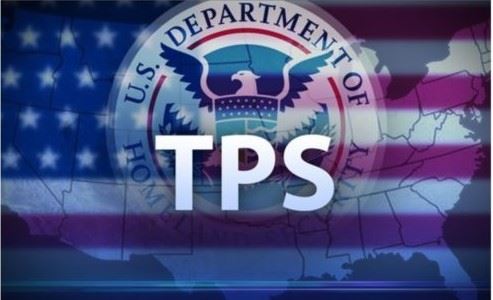New Policy: Time spent inside the U.S counts for 3 & 10 years bar for Those Who Last Entered Lawfully

On June 24, 2022, the USCIS announced a new policy regarding the 3- and 10-year bars. An individual may trigger a “bar” if they have been in the United States for more than six months without status before departing the United States. If they were in the U.S. without status for more than six months and less than a year and then departed, they would trigger the 3-year bar. If they were in the U.S. without status for more than a year and departed, they would begin the 10-year bar
Before June 24th, a person who triggered the 3- or 10-year bar would have to wait the 3 or 10 years outside of the United States before applying for permanent residency. According to the recent USCIS memorandum, the 3 or 10 years may be counted for time spent inside of the United States as long as the last entry to the United States was made legally (i.e., with a visa).
Additionally, anyone with a permanent resident application previously denied because USCIS determined they triggered the 3- or 10-year bar may be eligible to request a reopening of that decision.
If you last entered the U.S. lawfully and have been told that you could not apply because you triggered a bar, don't hesitate to contact our office so we can evaluate your case to determine eligibility.*
If you previously consulted with our office, there is no charge to have your case reevaluated under this new policy.
*Please note that this new policy does not eliminate the “permanent bar” for individuals who were present in the U.S. for more than a year and returned unlawfully or those who were deported and returned.
Entry on TPS Advance Parole Now Qualifies as a Legal Entry for Permanent Residency Purposes

United States Citizenship and Immigration Services (USCIS) has historically interpreted that a TPS holder who entered the United States with TPS-related advance parole was “inspected and admitted” and would potentially make them eligible for permanent residence. On August 20, 2020, USCIS changed its interpretation when the case Matter of Z-R-Z-C- was decided and no longer considered entries with TPS-related advance parole as an “inspection and admission.” As a result, many people with TPS were suddenly ineligible for permanent residence. As of July 1, 2022, USCIS is no longer adopting Matter of Z-R-Z-C- and is again interpreting entry to the United States with TPS-related advance parole as an inspection and admission.
If you last entered the U.S. with TPS-related advance parole and were told that you could not apply for permanent residence because you did not have a lawful entry to the United States, please get in touch with our office so we can evaluate your case to determine eligibility.
If you previously consulted with our office, there is no charge to have your case reevaluated under this new policy.

It is an honor to positively contribute to the lives of the clients we serve and our nation. If you are a lawful permanent resident contemplating U.S. citizenship, we hope the celebrations surrounding our Independence Day will inspire you to apply. Happy 4th of July!

